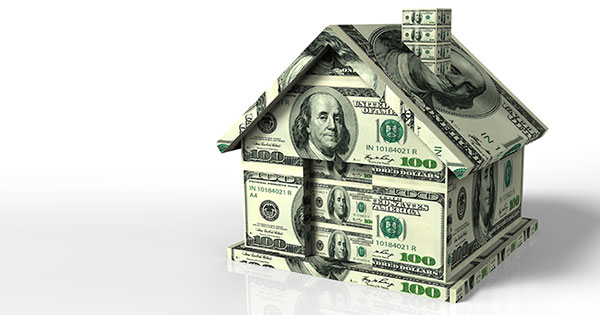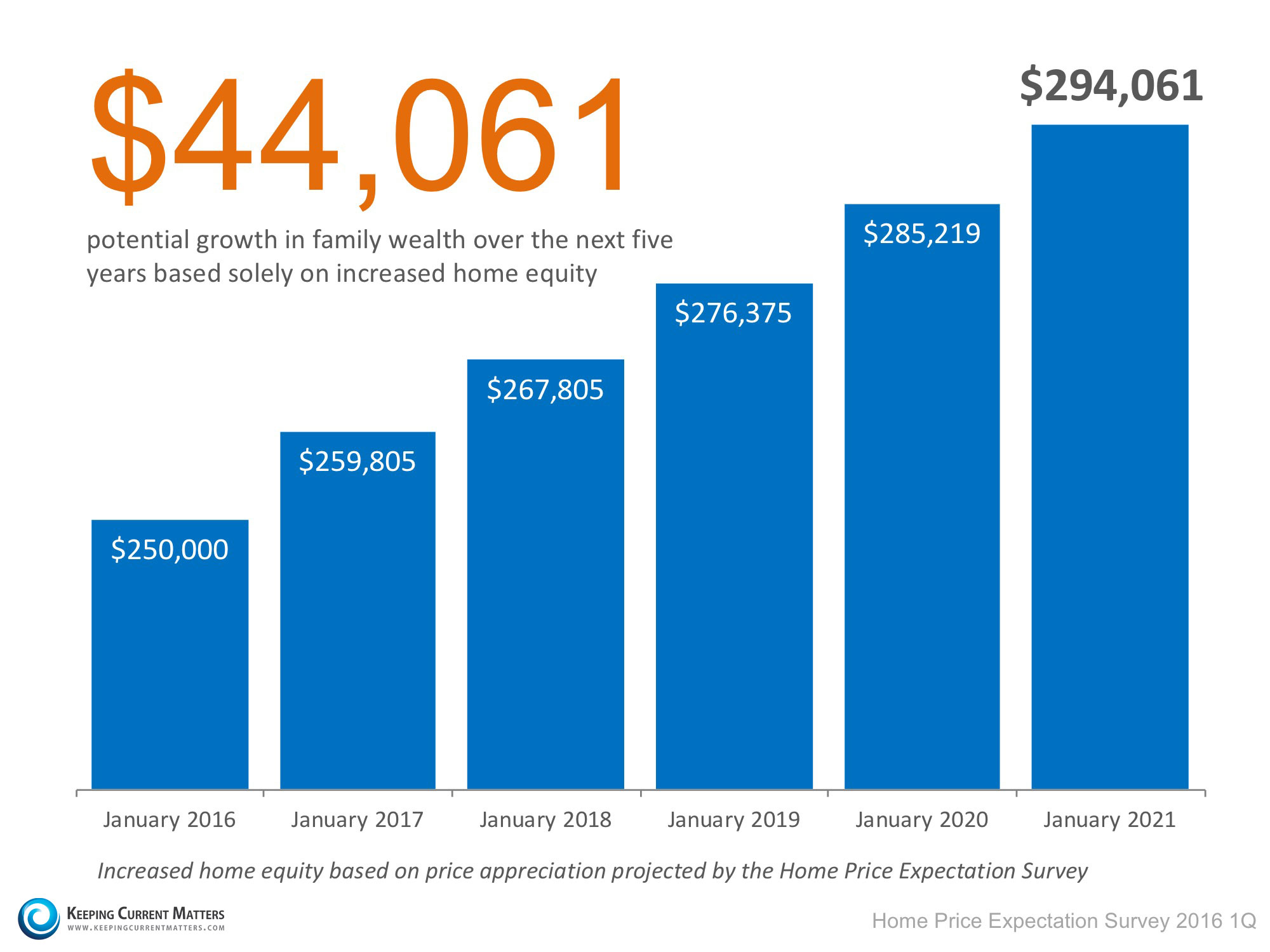
In
today's market, with homes selling quickly and prices rising, some
homeowners might consider trying to sell their home on their own, known
in the industry as a
For Sale by Owner (FSBO). There are several reasons this might not be a good idea for the vast majority of sellers.
Here are five of those reasons:
1. There Are Too Many People to Negotiate With
Here is a list of some of the people with whom you must be prepared to negotiate if you decide to
For Sale By Owner:
- The buyer who wants the best deal possible
- The buyer’s agent who solely represents the best interest of the buyer
- The buyer’s attorney (in some parts of the country)
- The home inspection companies, which work for the buyer and will almost always find some problems with the house
- The appraiser if there is a question of value
2. Exposure to Prospective Purchasers
Recent
studies have shown that 89% of buyers search online for a home. That is
in comparison to only 20% looking at print newspaper ads. Most real
estate agents have an internet strategy to promote the sale of your
home. Do you?
3. Results Come from the Internet
Where do buyers find the home they actually purchased?
- 44% on the internet
- 33% from a Real Estate Agent
- 9% from a yard sign
- 1% from newspaper
The
days of selling your house by just putting up a sign and putting it in
the paper are long gone. Having a strong internet strategy is crucial.
4. FSBOing has Become More and More Difficult
The
paperwork involved in selling and buying a home has increased
dramatically as industry disclosures and regulations have become
mandatory. This is one of the reasons that the percentage of people
FSBOing has dropped from 19% to 8% over the last 20+ years.
The 8% share represents the lowest recorded figure since NAR began collecting data in 1981.
5. You Net More Money when Using an Agent
Many
homeowners believe that they will save the real estate commission by
selling on their own. Realize that the main reason buyers look at FSBOs
is because they also believe they can save the real estate agent’s
commission. The seller and buyer can’t both save the commission.
Studies have
shown that
the typical house sold by the homeowner sells for $210,000 while the
typical house sold by an agent sells for $249,000. This doesn’t mean
that an agent can get $39,000 more for your home as studies have shown
that people are more likely to FSBO in markets with lower price points.
However, it does show that selling on your own might not make sense.
Bottom Line
Before
you decide to take on the challenges of selling your house on your own,
sit with a real estate professional in your marketplace and see what
they have to offer.
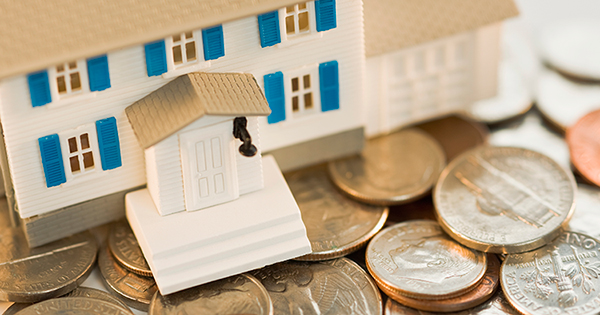
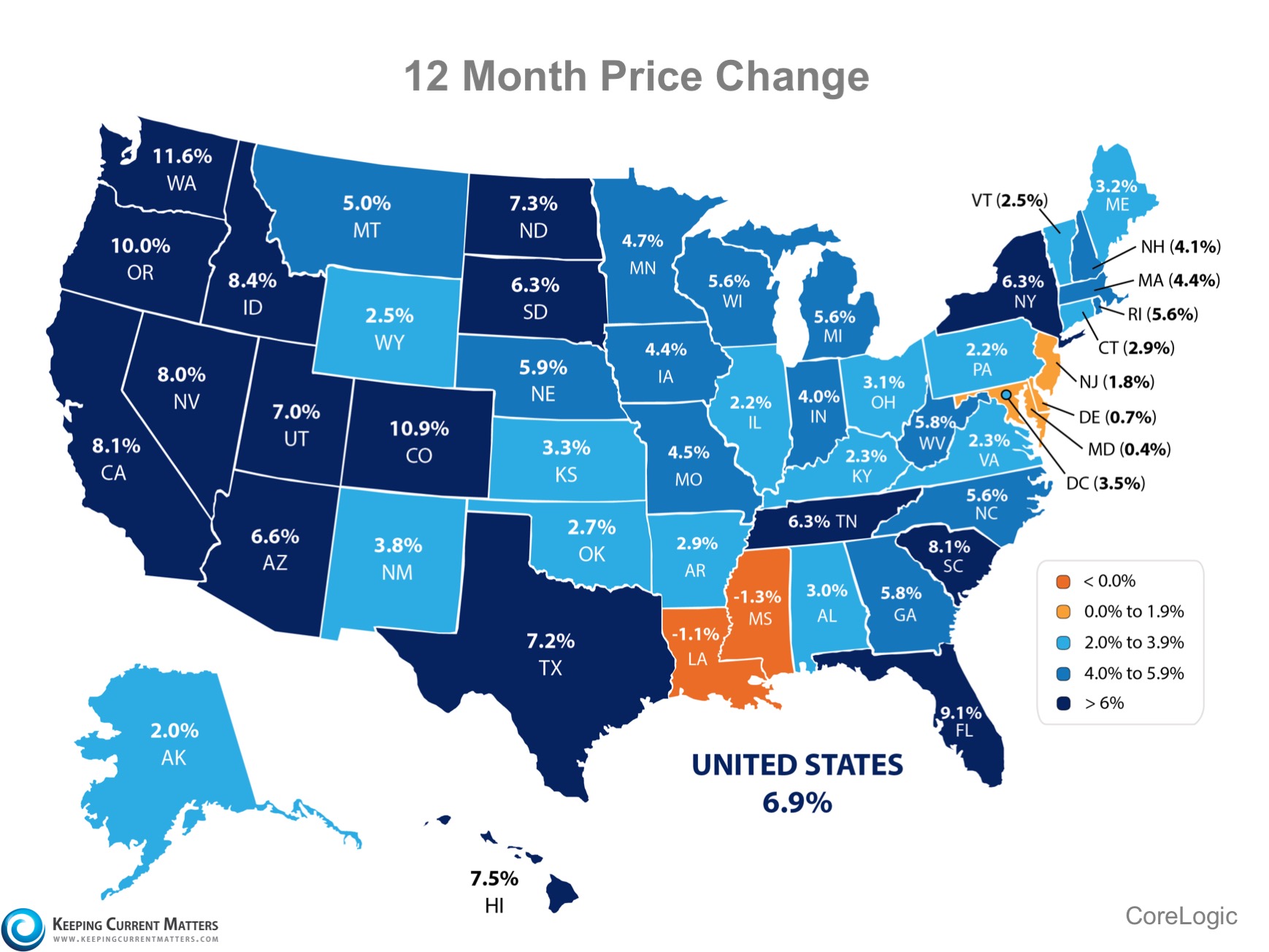
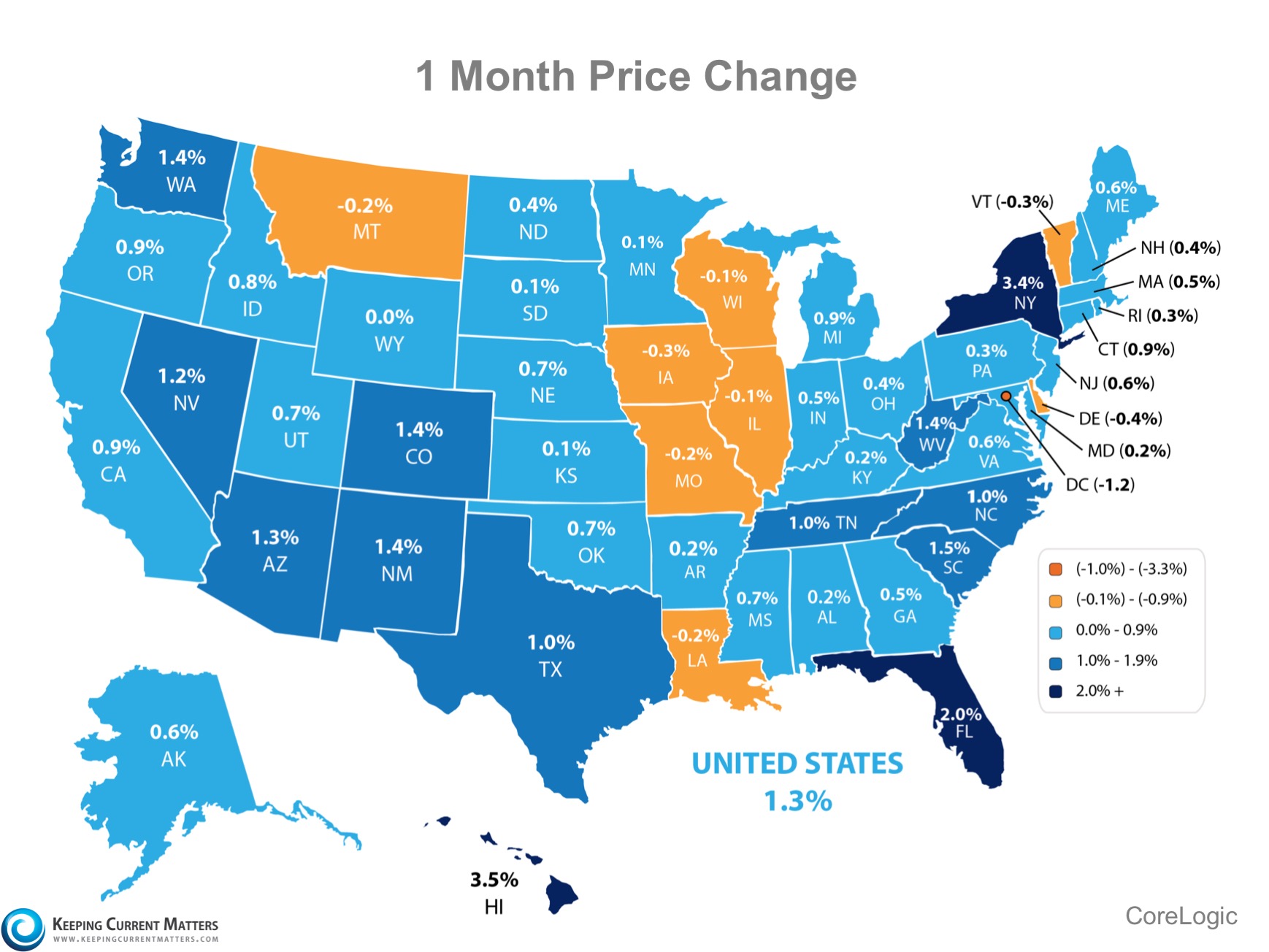
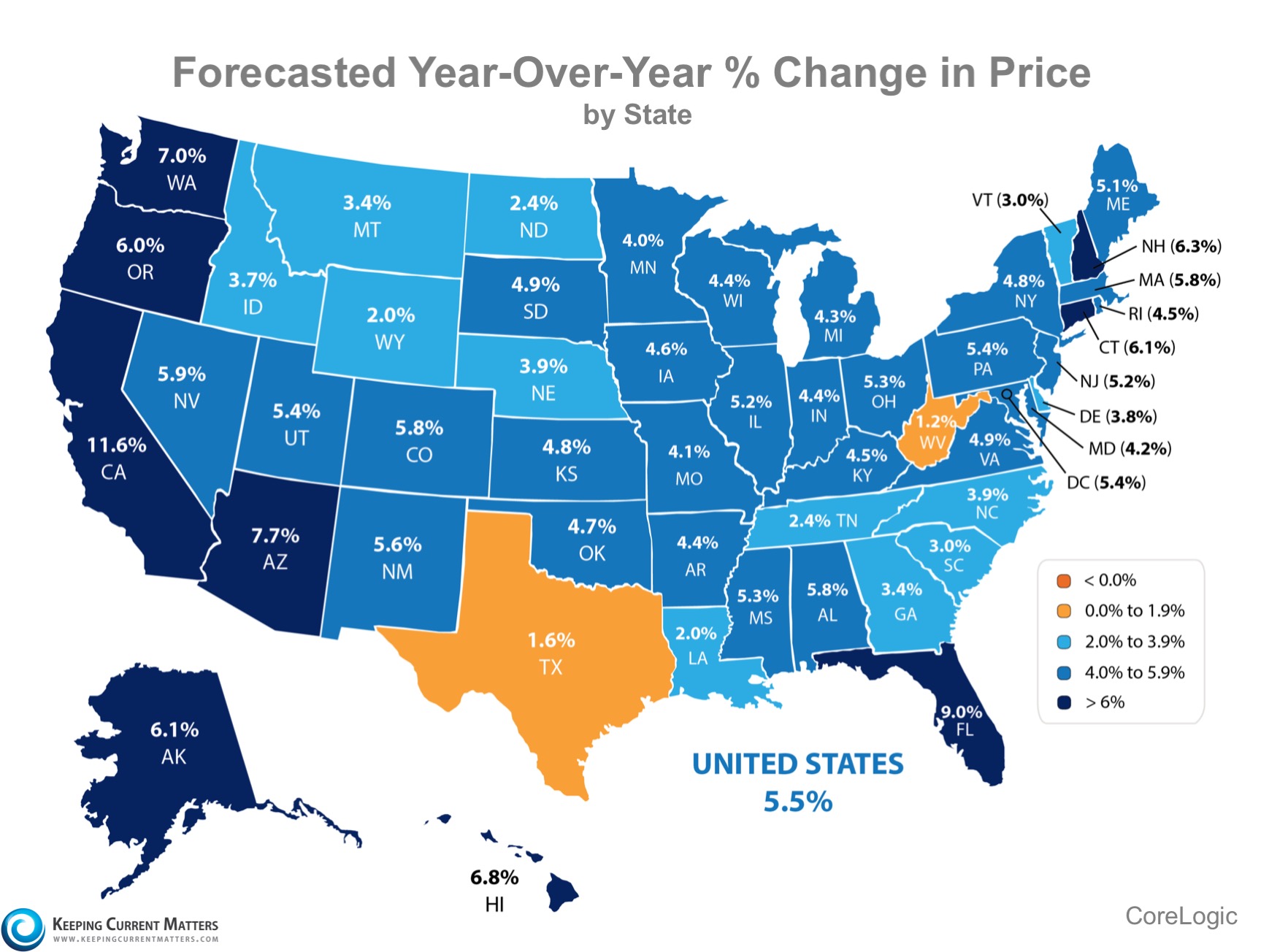



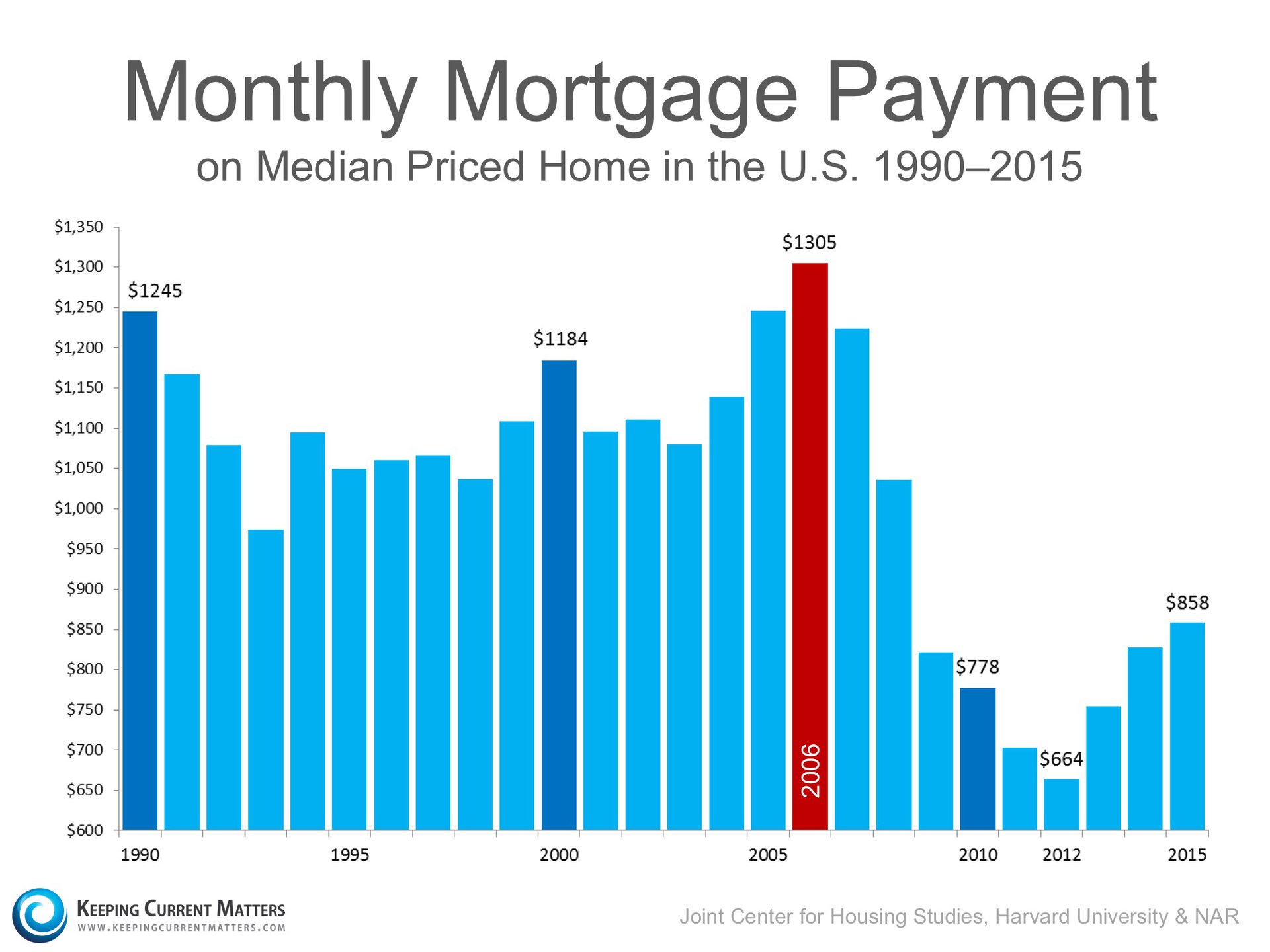

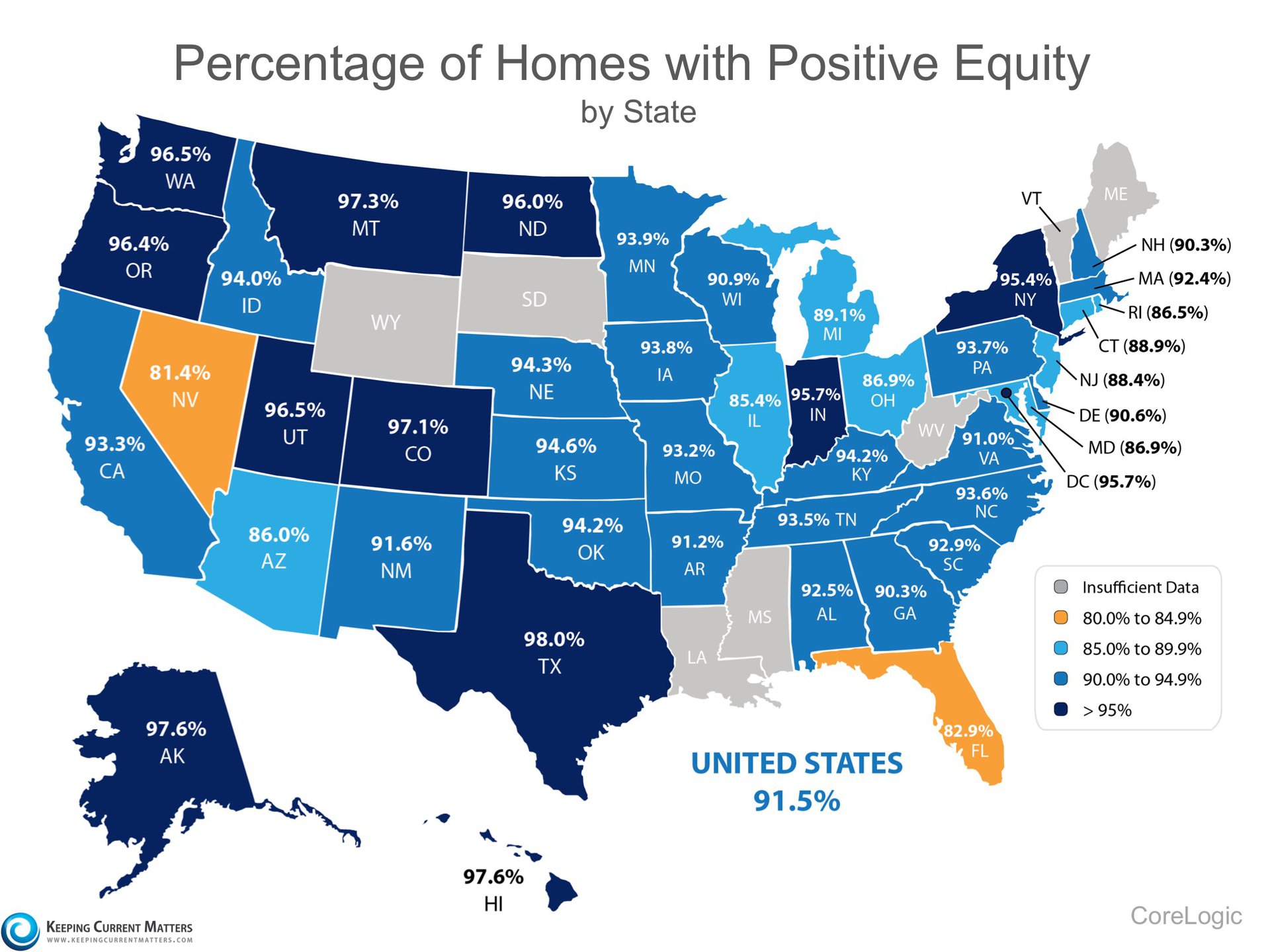
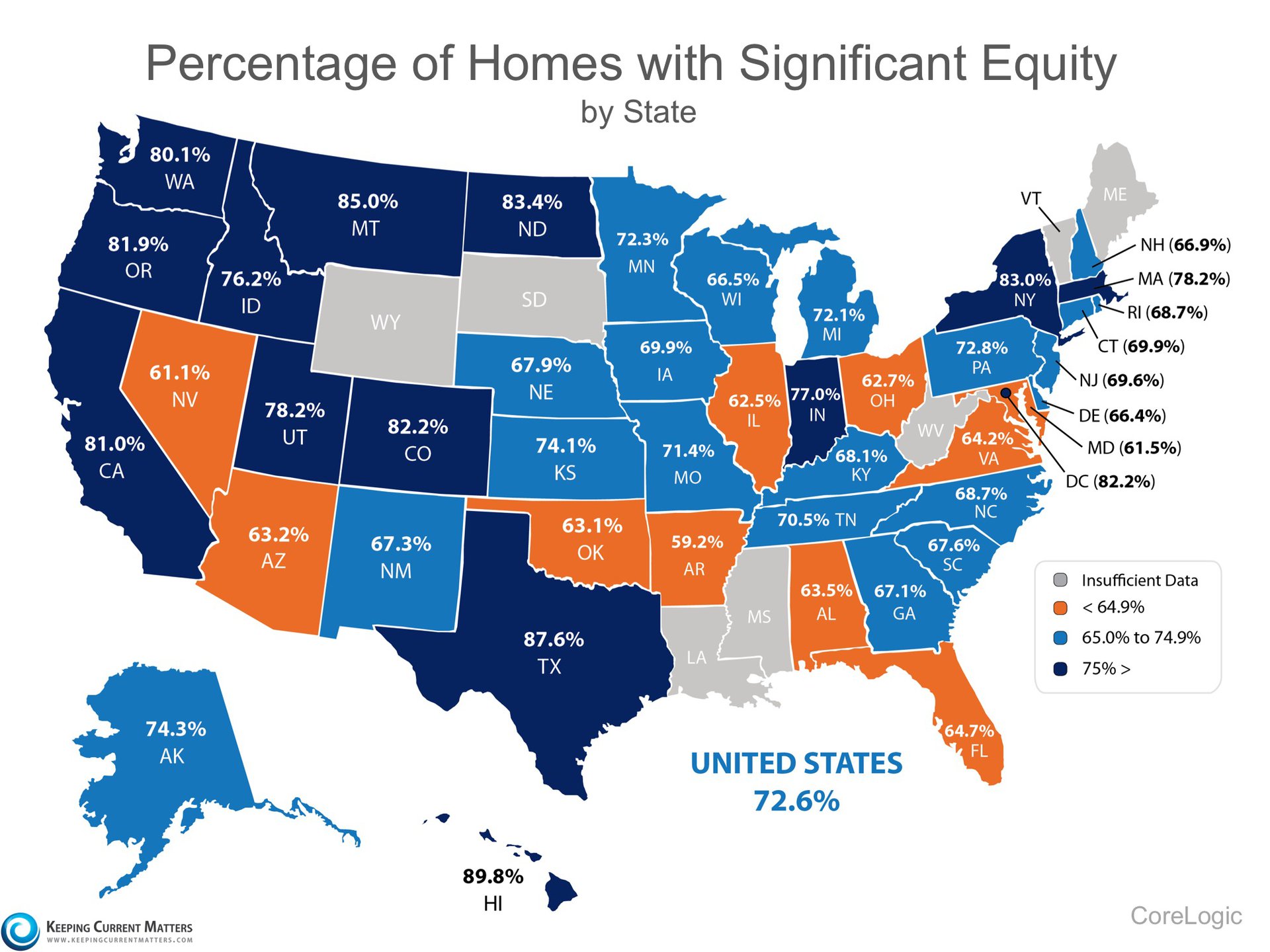

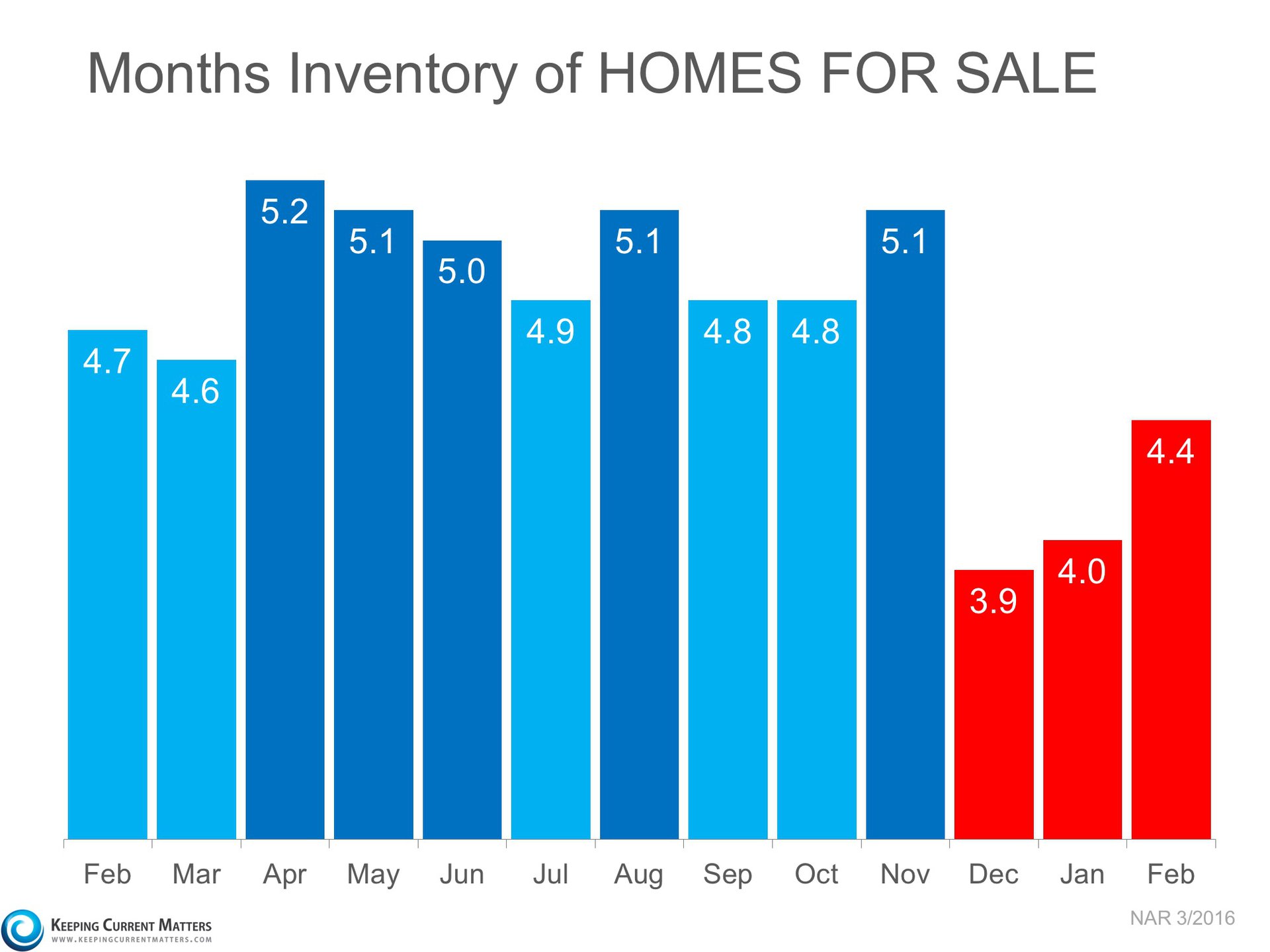
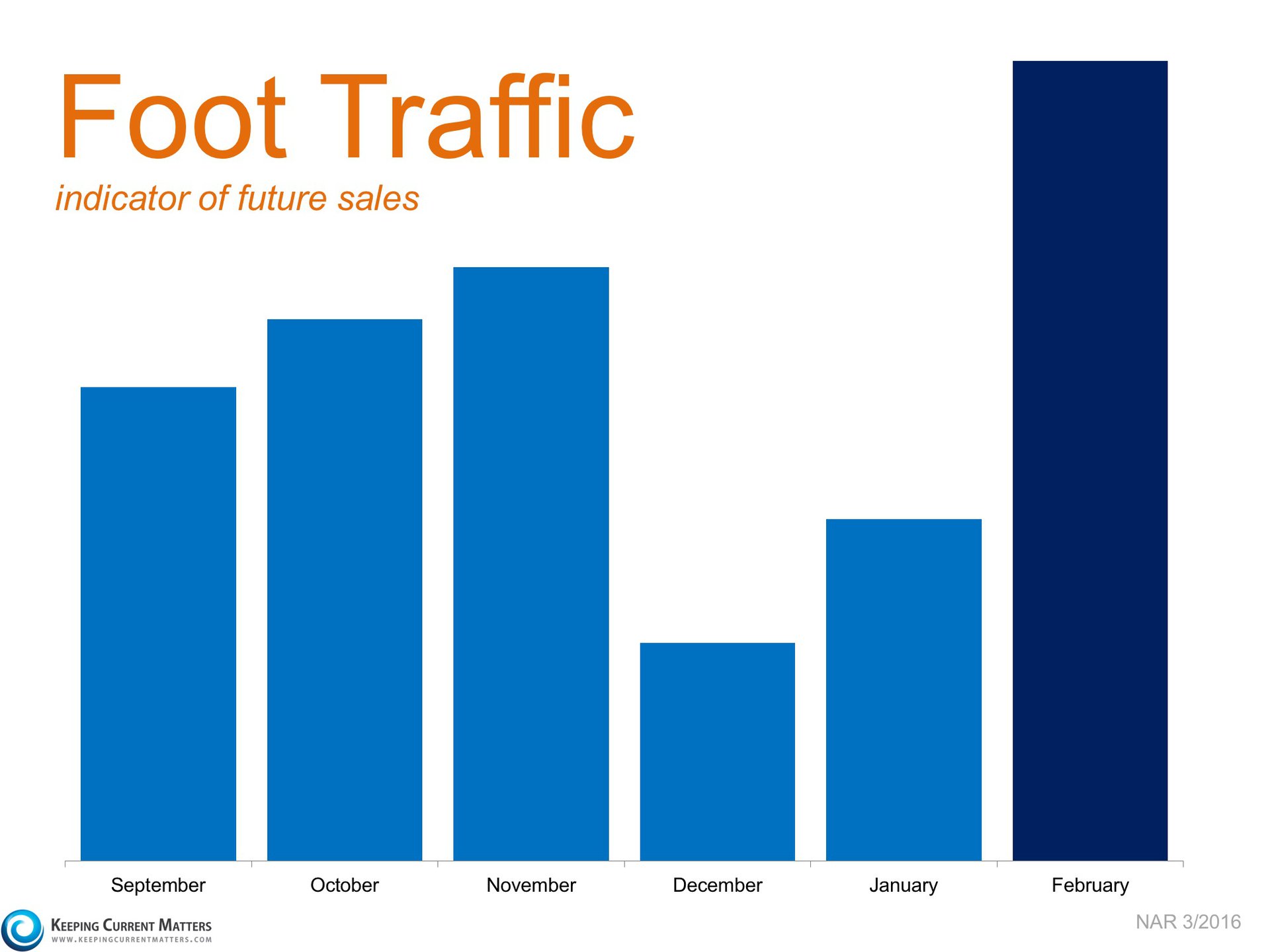
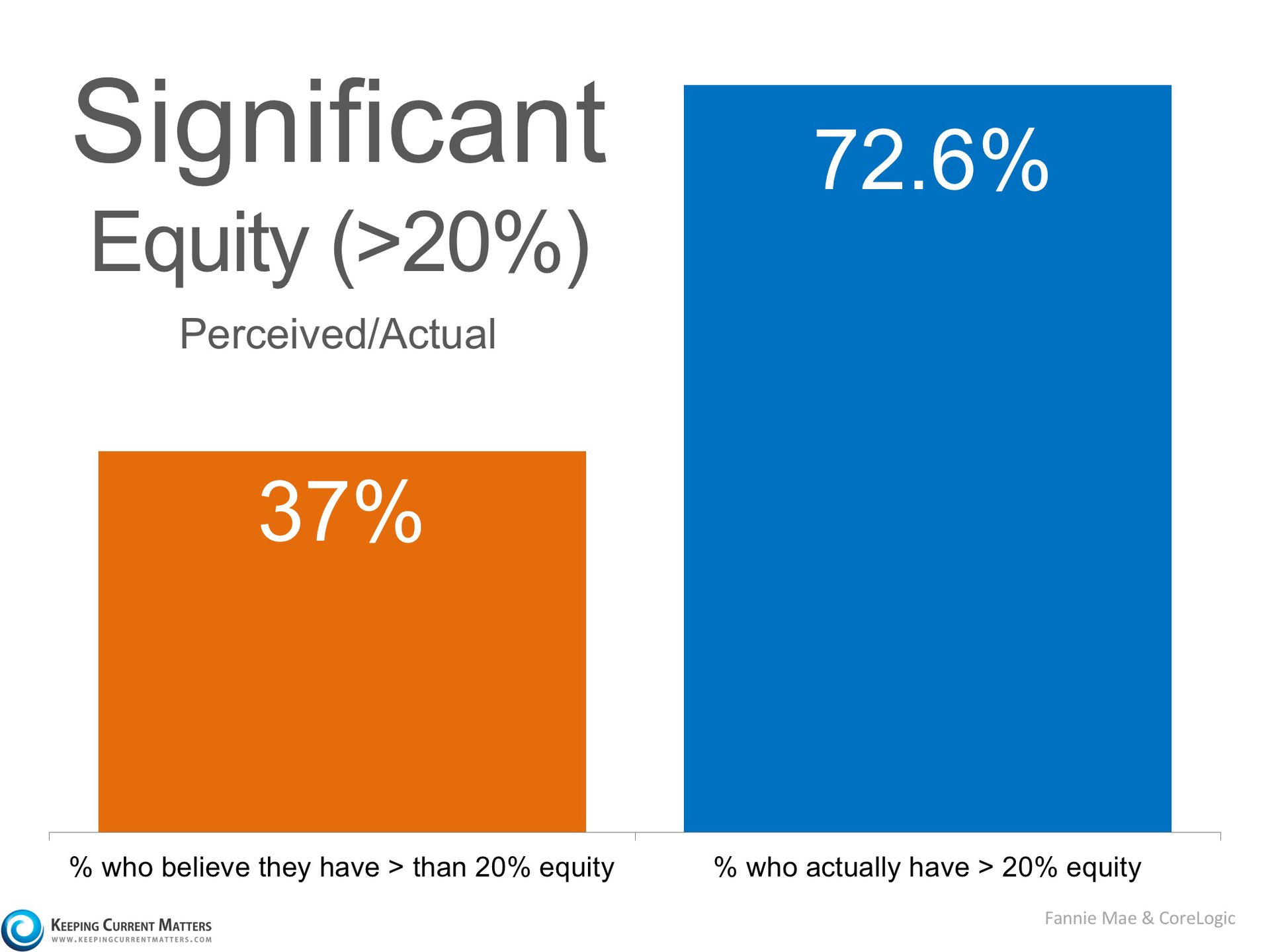


![The Mortgage Process: What You Need To Know [INFOGRAPHIC] | Keeping Current Matters](http://www.keepingcurrentmatters.com/wp-content/uploads/2016/03/Mortgage-Process-KCM.jpg)

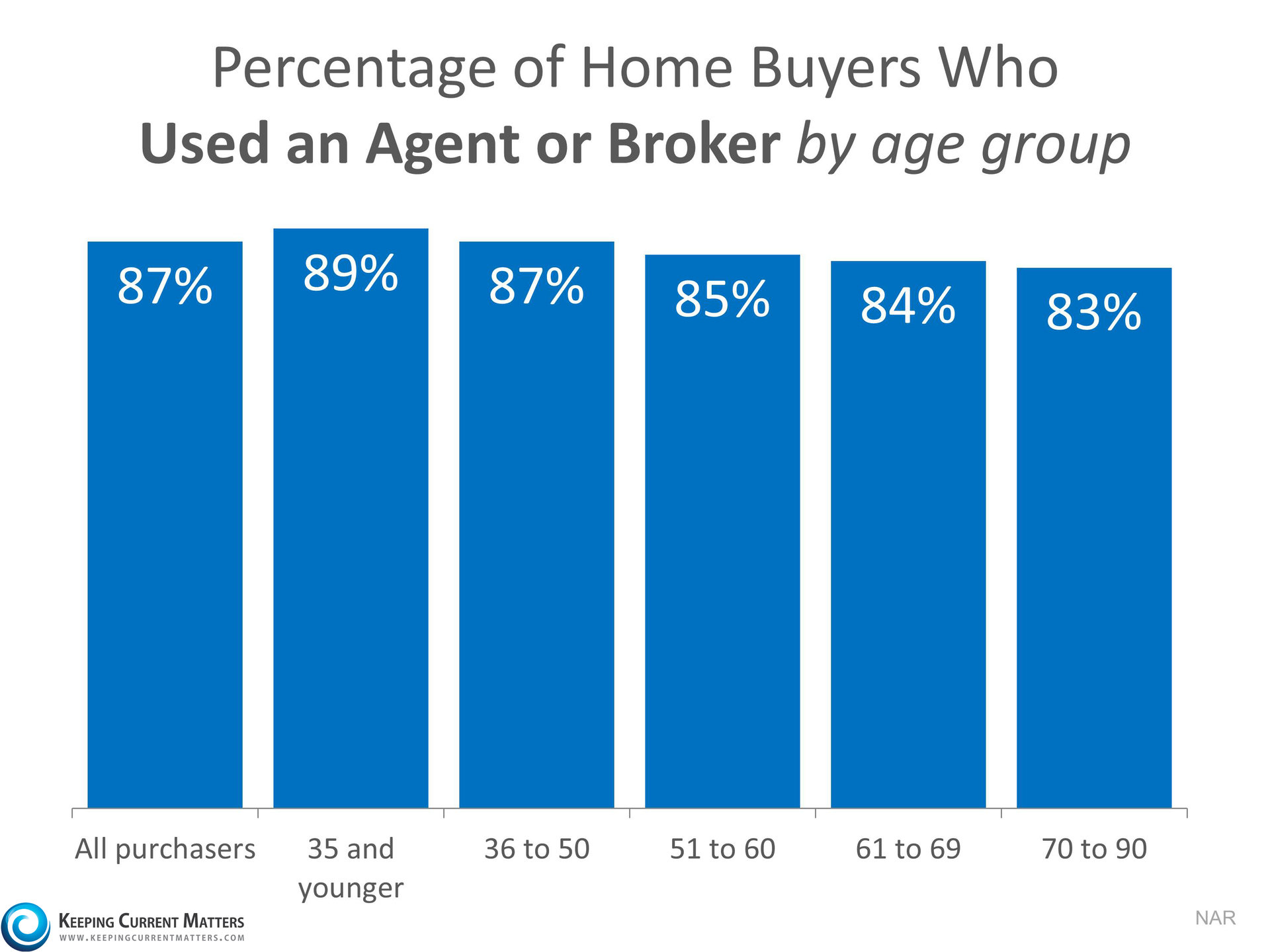

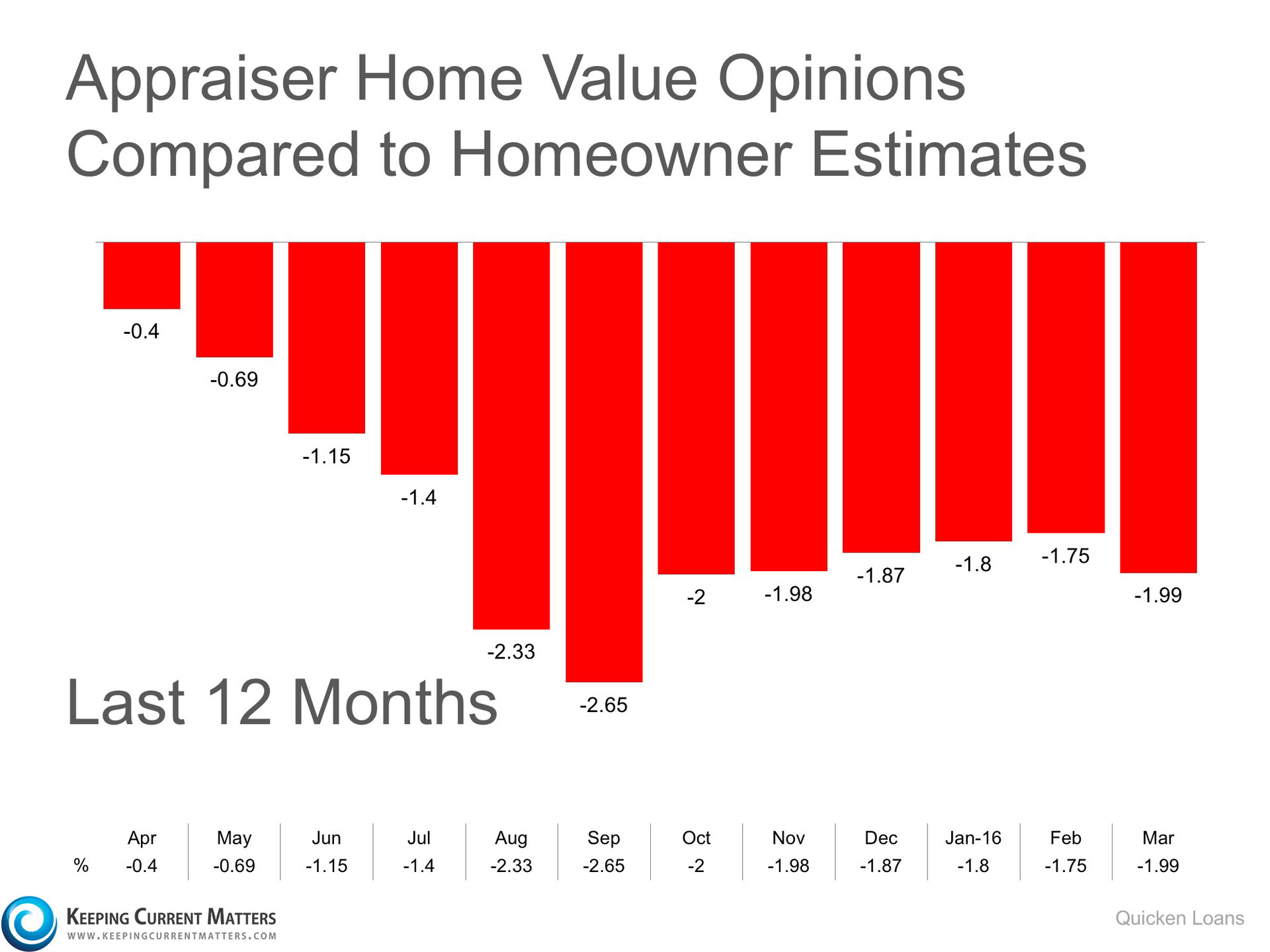

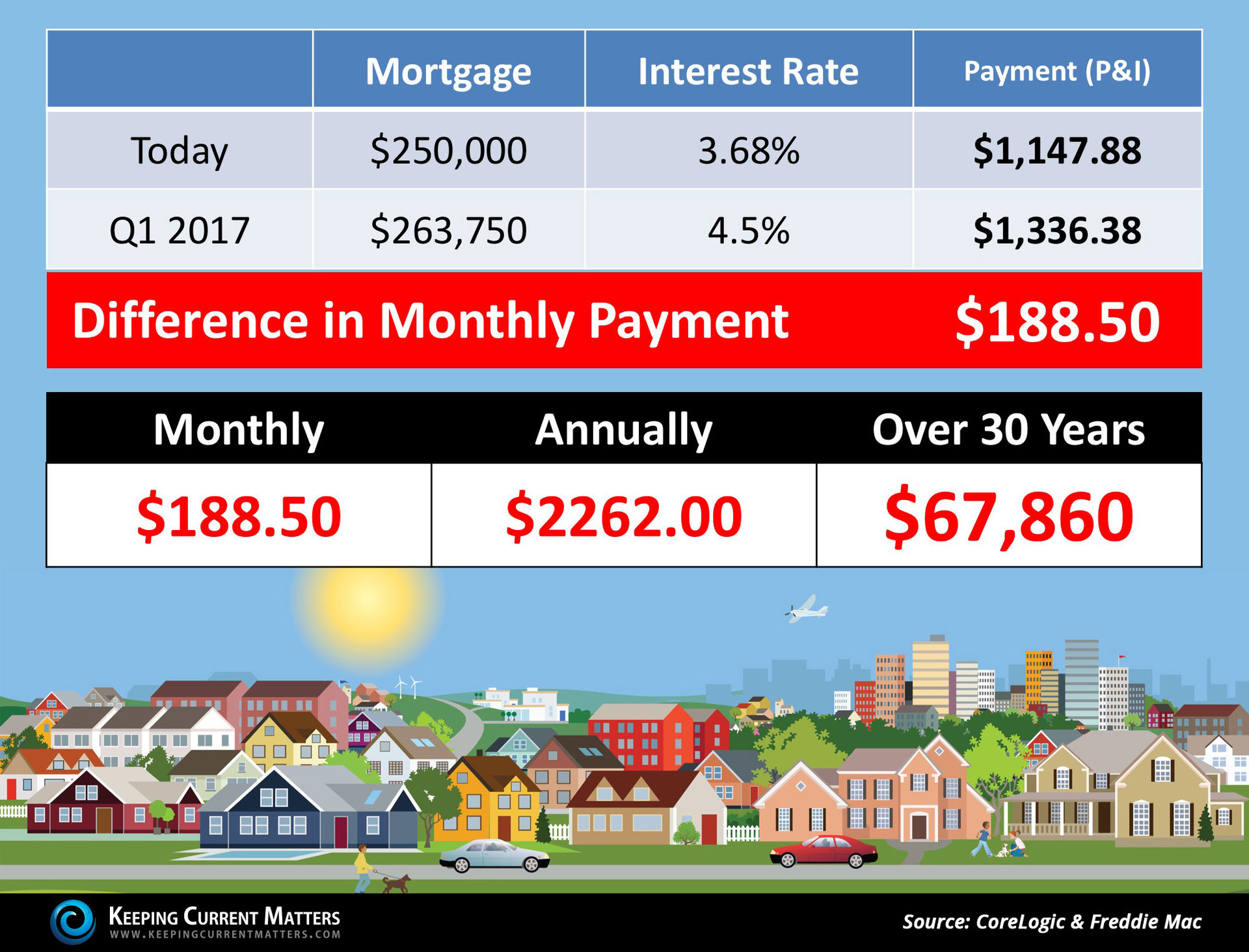
![The Difference An Hour Makes This Spring [INFOGRAPHIC] | Keeping Current Matters](http://www.keepingcurrentmatters.com/wp-content/uploads/2016/02/The-Difference-a-Hour-Makes-KCM.jpg)
